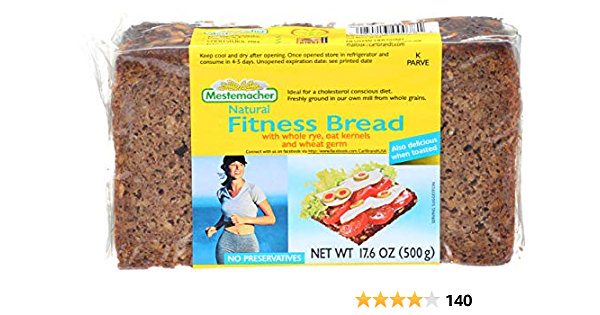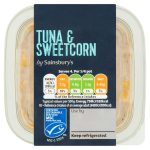“Mastermacher” is a German brand that specializes in healthy bread products. They offer a range of organic bread options that are known for their nutritional value and quality.
Mastermacher bread is typically made using organic whole grains and natural ingredients. They prioritize using high-quality ingredients and traditional baking methods to create their bread. The brand focuses on producing bread that is rich in fiber, vitamins, and minerals, while minimizing the use of additives and preservatives.
Mastermacher offers various types of bread, including whole grain bread, multigrain bread, rye bread, and spelt bread. These bread options are often praised for their taste, texture, and health benefits. Some specific products from Mastermacher include their “Vitalbrot” (Vital Bread), “Kraftkorn” (Power Grain), and “Rustico” bread.
It’s worth noting that availability may vary depending on your location and the stores in your area. If you are interested in trying Mastermacher bread or obtaining more specific information about their products, I recommend visiting their official website or contacting them directly for the most up-to-date and accurate details.
Healthy bread refers to bread that is made with nutritious ingredients and provides several health benefits. Here are some characteristics to look for when choosing healthy bread:
- Whole Grains: Opt for bread made from whole grains rather than refined grains. Whole grain bread contains the entire grain kernel, including the bran, germ, and endosperm, which provides fiber, vitamins, minerals, and phytochemicals.
- High Fiber Content: Choose bread that is rich in dietary fiber. Fiber aids digestion, promotes satiety, and helps regulate blood sugar levels. Look for bread with at least 3 grams of fiber per serving.
- Minimal Additives: Check the ingredient list and choose bread with minimal additives, such as artificial preservatives, flavors, or colors. Look for bread with simple, recognizable ingredients.
- Low Sugar Content: Be mindful of the sugar content in bread, as some varieties may contain added sugars. Opt for bread with little to no added sugars, or choose naturally sweetened options like fruit or sprouted grain bread.
- Protein and Nutrient Content: Consider the overall nutritional profile of the bread. Look for bread that provides a good source of protein, vitamins, and minerals. Some bread may be fortified with additional nutrients.
- Low Sodium: If you’re watching your sodium intake, select bread with lower sodium content. Excessive sodium consumption can contribute to high blood pressure and other health issues.
- Gluten-Free Options: For individuals with gluten intolerance or celiac disease, gluten-free bread made with alternative grains like rice, quinoa, or buckwheat can be a suitable choice.
- Organic or Non-GMO: Choosing organic or non-GMO bread ensures that it is made from ingredients that have been grown without synthetic pesticides or genetically modified organisms.
It’s important to note that individual dietary needs, preferences, and health goals may vary. It’s always a good idea to consult with a healthcare professional or a registered dietitian for personalized dietary advice based on your specific needs and goals.



